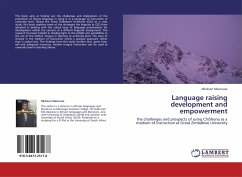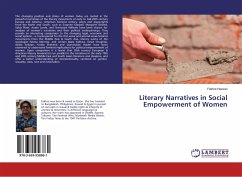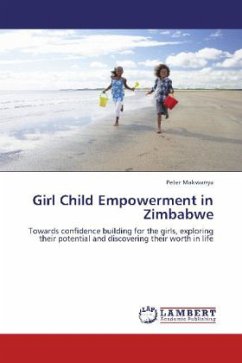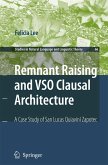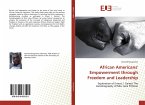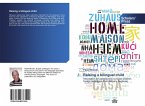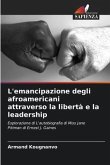This book aims at finding out the challenges and implications of the promotion of Shona language in using it as a language of instruction at university level. Taking the Great Zimbabwe University (GZU) as a case study, this book explores some of the strategies the linguists at GZU have adopted in dealing with the critical issue of language prioritization for development within the context of a difficult linguistic background. This research has been helpful in shading light to the pitfalls and possibilities in the use of the mother tongue in learning at university level. The issue of change in the medium of instruction needs a gradual approach rather than a radical one. The findings from this study confirm that, given time, will and adequate resources, mother tongue instruction can be used at university level in learning Shona.
Bitte wählen Sie Ihr Anliegen aus.
Rechnungen
Retourenschein anfordern
Bestellstatus
Storno

